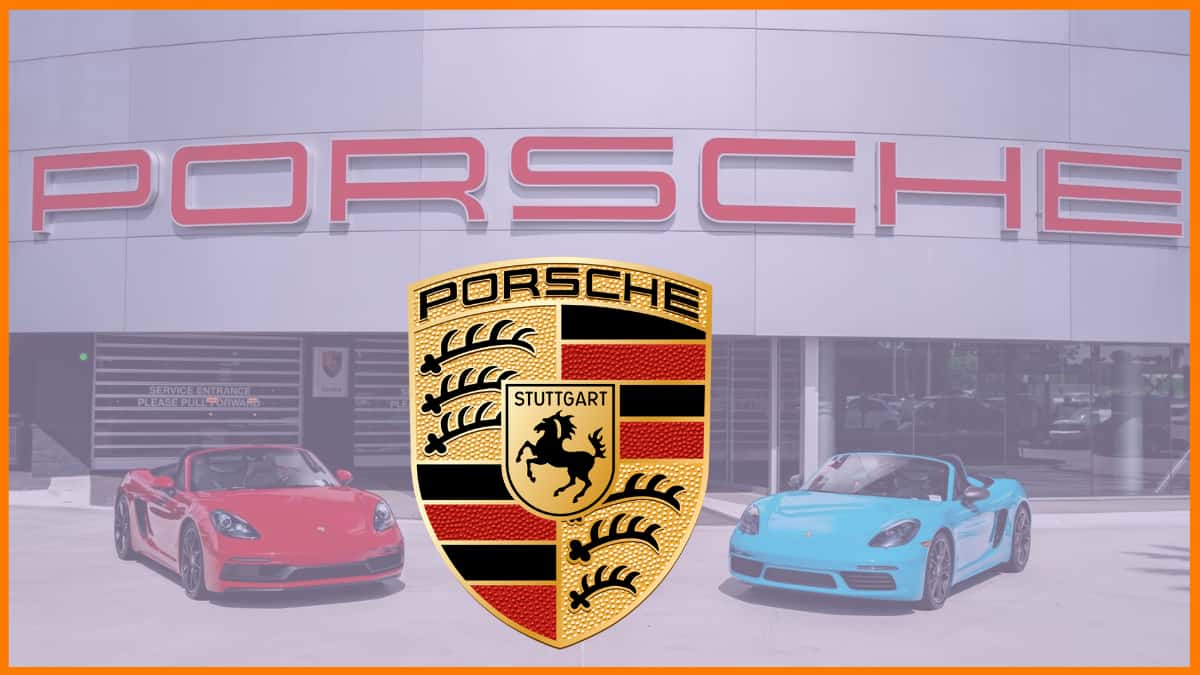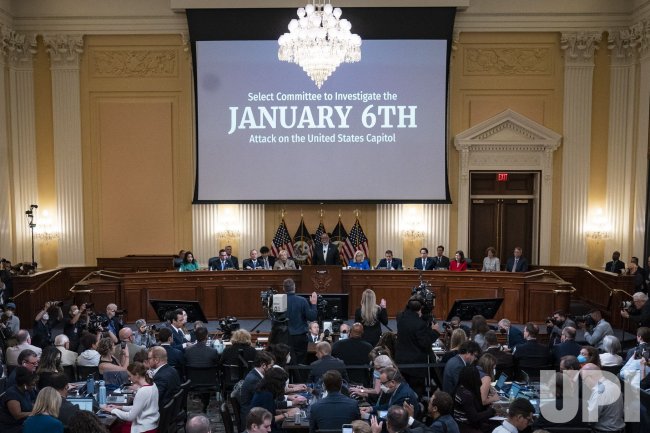China's Impact On Luxury Car Sales: The BMW And Porsche Case Study

Table of Contents
The Rise of China as a Luxury Car Market
The phenomenal growth of China's luxury car market is fueled by several interconnected factors.
Economic Growth and Rising Disposable Incomes
China's rapid economic expansion over the past few decades has led to a substantial increase in disposable income, particularly among the affluent population.
- GDP Growth: China's consistent GDP growth has created a large pool of high-net-worth individuals with the financial capacity to purchase luxury goods.
- Rising Middle Class: The expansion of the middle class has broadened the potential customer base for luxury car brands, significantly increasing demand.
- Luxury Spending Habits: Chinese consumers are increasingly embracing luxury goods as a symbol of success and social status, driving demand in the luxury car sector.
For example, reports show a significant increase in luxury goods consumption in China exceeding global averages in recent years, indicating the market's potential.
Changing Consumer Preferences and Brand Aspirations
The preferences of Chinese luxury car buyers are evolving. Brand perception and status symbols play a crucial role in purchasing decisions.
- Preference for Specific Models: Chinese consumers often exhibit preferences for certain models based on size, features, and brand prestige. SUVs and larger sedans are particularly popular.
- Features Valued by Chinese Consumers: Technological advancements, spacious interiors, and comfortable ride quality are highly valued by Chinese consumers.
- Importance of Brand Image: The brand image and reputation of the manufacturer are essential purchasing considerations.
For instance, the popularity of electric vehicles (EVs) is growing rapidly in China, driven by government incentives and a focus on environmental sustainability. This shift necessitates adaptation from luxury brands.
BMW's Strategy in the Chinese Market
BMW has implemented a comprehensive strategy to capture a significant share of the Chinese luxury car market.
Localized Production and Marketing
BMW has invested heavily in localized production and marketing efforts to cater specifically to Chinese consumer preferences.
- Factory Locations: BMW has established manufacturing facilities within China to reduce transportation costs and respond quickly to market demands.
- Marketing Campaigns Tailored to the Chinese Consumer: BMW’s marketing campaigns leverage Chinese cultural nuances and popular trends.
- Partnerships with Local Businesses: Strategic collaborations with local businesses have helped BMW to enhance its brand visibility and customer reach.
For example, BMW has launched marketing campaigns featuring prominent Chinese celebrities to resonate with the local audience.
Sales Figures and Market Share
BMW's success in China is evident in its impressive sales figures and significant market share.
- Year-over-Year Growth: BMW consistently demonstrates strong year-over-year growth in its Chinese sales figures.
- Market Share Compared to Competitors: BMW holds a substantial market share in the Chinese luxury car segment, exceeding that of many competitors.
- Key Sales Figures: Specific sales data highlights the brand’s dominance within the market. [Insert chart/graph showing BMW's sales growth and market share in China].
Porsche's Strategy in the Chinese Market
Porsche employs a distinct strategy, focusing on exclusivity and brand heritage to attract a discerning Chinese clientele.
Focus on Exclusivity and Brand Heritage
Porsche's strategy emphasizes its rich history, exceptional craftsmanship, and exclusive appeal.
- Marketing Emphasizing Heritage and Craftsmanship: Porsche marketing materials frequently highlight its brand legacy and meticulous manufacturing processes.
- Exclusive Events: Porsche organizes exclusive events and experiences to cultivate a sense of community among its high-profile clientele.
- Targeted Customer Outreach: Porsche employs targeted marketing to reach specific demographics with tailored messages that resonate with their aspirations and lifestyle.
For example, Porsche frequently hosts exclusive driving experiences to showcase the performance and handling of its vehicles.
Sales Figures and Market Share
Porsche's dedication to its brand identity has translated into substantial sales growth and market share in China.
- Year-over-Year Growth: Porsche demonstrates consistent and significant year-over-year sales growth in China.
- Market Share Compared to Competitors: Porsche maintains a notable market share within the ultra-luxury segment.
- Key Sales Figures: Data shows Porsche's strong performance in the Chinese market. [Insert chart/graph showcasing Porsche's sales growth and market share in China].
Comparative Analysis: BMW vs. Porsche in China
Comparing BMW and Porsche's strategies reveals both similarities and notable differences in their approach to the Chinese market.
Strategic Differences and Similarities
Both brands have achieved success, but their methods differ significantly.
- Comparison of Marketing Strategies: While both utilize targeted marketing, BMW focuses on broader market appeal, whereas Porsche emphasizes exclusivity.
- Pricing Strategies: BMW offers a wider price range, while Porsche maintains a premium pricing strategy.
- Product Offerings: BMW offers a more diverse range of models, while Porsche focuses on a narrower range of high-performance vehicles.
Analyzing these strategies reveals the effectiveness of different approaches within the same market.
Lessons Learned and Future Trends
The case studies of BMW and Porsche offer valuable insights into navigating the Chinese luxury car market.
- Predictions for Future Growth: The continued growth of China's economy suggests substantial future potential for luxury car sales.
- Potential Challenges: Increasing competition, evolving consumer preferences, and governmental regulations present ongoing challenges.
- Adaptation Strategies: Both brands need to adapt continuously to changing market conditions, including technological innovation and evolving consumer preferences.
Conclusion: China's Continued Impact on Luxury Car Sales
The case studies of BMW and Porsche clearly demonstrate the significant impact of China's luxury car market on global automotive brands. The success of these two companies hinges on understanding the nuances of the Chinese market—from economic growth and rising disposable incomes to evolving consumer preferences and brand aspirations. Both BMW and Porsche's strategies, while different, underscore the importance of localized production, targeted marketing, and a keen understanding of the local market. Explore the impact of China's luxury car market further to understand the multifaceted strategies employed by luxury brands seeking success in this dynamic and increasingly important region. Learn more about the strategies employed by luxury brands in China and how they're navigating this rapidly evolving market.

Featured Posts
-
 Federal Investigation Exposes Massive Office365 Hack Millions Lost
May 06, 2025
Federal Investigation Exposes Massive Office365 Hack Millions Lost
May 06, 2025 -
 Where To Watch Celtics Vs Knicks Live Stream Tv Broadcast Details
May 06, 2025
Where To Watch Celtics Vs Knicks Live Stream Tv Broadcast Details
May 06, 2025 -
 Cassidy Hutchinsons Book Insights From A Key Jan 6th Hearing Participant
May 06, 2025
Cassidy Hutchinsons Book Insights From A Key Jan 6th Hearing Participant
May 06, 2025 -
 Celtics Vs Heat Tipoff Time Tv Channel And Live Stream February 10
May 06, 2025
Celtics Vs Heat Tipoff Time Tv Channel And Live Stream February 10
May 06, 2025 -
 Middle Managers The Unsung Heroes Of Company Productivity And Employee Development
May 06, 2025
Middle Managers The Unsung Heroes Of Company Productivity And Employee Development
May 06, 2025
Latest Posts
-
 Mindy Kalings Dramatic Weight Loss Before And After
May 06, 2025
Mindy Kalings Dramatic Weight Loss Before And After
May 06, 2025 -
 The New Mindy Kaling A Slimmer Figure At The Premiere
May 06, 2025
The New Mindy Kaling A Slimmer Figure At The Premiere
May 06, 2025 -
 Analyzing The Powerful Women Portrayed In Mindy Kalings Shows
May 06, 2025
Analyzing The Powerful Women Portrayed In Mindy Kalings Shows
May 06, 2025 -
 Mindy Kalings Weight Loss A New Look At The Series Premiere
May 06, 2025
Mindy Kalings Weight Loss A New Look At The Series Premiere
May 06, 2025 -
 O Relacionamento Secreto De Mindy Kaling Com Ex Colega De The Office A Verdade Revelada
May 06, 2025
O Relacionamento Secreto De Mindy Kaling Com Ex Colega De The Office A Verdade Revelada
May 06, 2025
